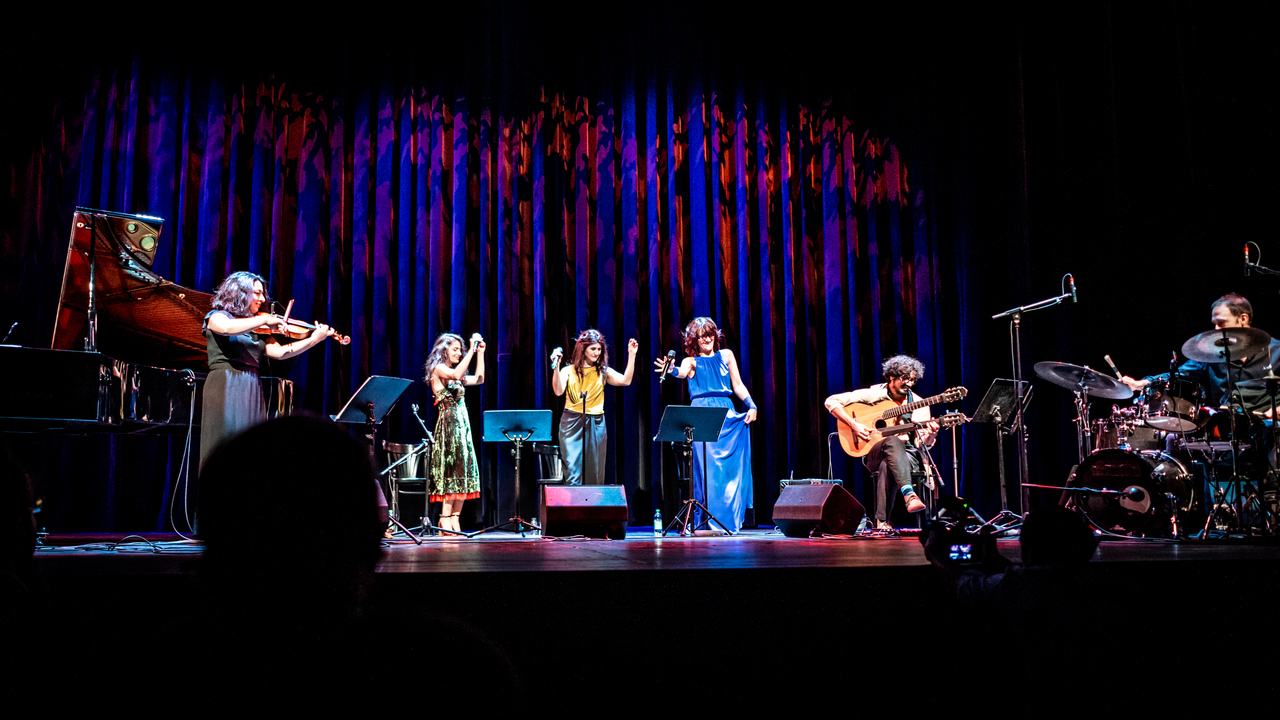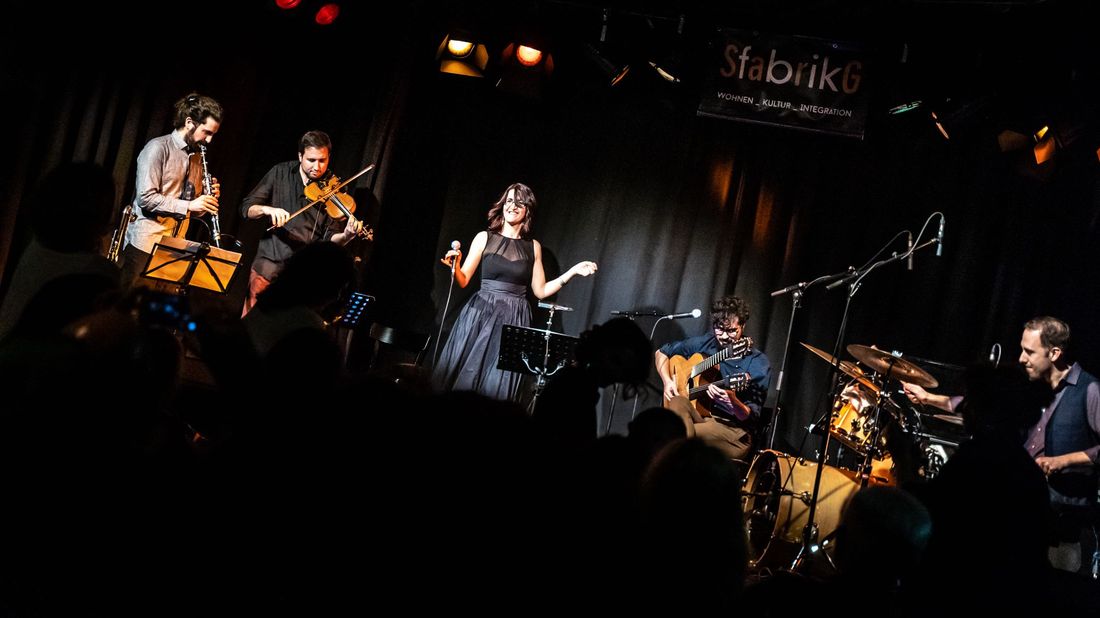Every school week started by hoisting up the Turkish flag up the pole and ended by lowering it with a ceremony everyone attended and the national anthem “of independence” was fervently sung. The military system also sharply influenced the education system. During the few minutes the anthem lasted, even a tree leaf shouldn’t move and pupils who did move would face punishment.
Music, regardless of human language, will find its way into the soul even before you know it and perform its magical touch – sometimes gentle, sometimes stormy – and fill you sometimes with joy, sometimes with sorrow.
The greatest bewilderment I experienced then was why would music – a universal language of all the living – be welcomed in Turkish but met with suspicion and fear when sung in zonê ma – ‘our language’? When I was in secondary school, I remember how a classmate asked our history teacher why songs were sung in all languages on the radio but not in ‘ours’. I cannot forget the anguish, the silent embarrassment on our teacher's face, who in fact was a good person. “Do not ask such questions, my child” said he, quickly changing the topic. As a matter of fact, our classmate was lucky, considering there were many teachers eager to punish such “an insolent act of treachery”. Such was the qualification for any mention of ‘our language’, or ethnicity for that matter.
Then tape-players made their way into our village home but the music heard with great interest in everyone’s home remained exclusively Turkish. Every household had a cache of tapes in ‘our language’ carefully wrapped and hidden in places such as the garden or charcoal-storage. Turkish music tapes were generously and visibly displayed, of course. Every person born in Turkey experienced in those days a military coup once a decade or so, from which I too had my fair share. I remember my father, who was a night guard at the post office, calling my mother at midnight, asking her to alert some neighbour who might have tapes and political books in their homes. Incidentally, these tapes need not necessarily have a political nature. Even a love song was perceived as risky, if sung in ‘our language’.
One day when my brother returned from Istanbul, where he studied at university, he started a heated debate about our taboos, opening my eyes – for the first time in my life — to the fact that what we call ‘our language’ was Kurdish and where we live was actually Kurdistan. The phenomenon of Kurdishness, which I had overheard several times was something despised as an unpleasant taboo that only deserved humiliation. That was what my brother was vehemently arguing about with my mother, revealing why the Kurdish language and identity was being treated as such. He pointed out the elephant in the room. Nevertheless, the debate was dismissed with a very harsh statement by my mother: “We are not Kurds. I don't want to hear this nonsense again!” – followed by a lengthy and stony silence…
The songs sung by my brother, who brought many new tape cassettes in Turkish, were different, addressing various social issues. As the songs I listen to changed, my questions changed, too. Now the questions I bottled up in my subconscious mind were growing impatient to find their answers.




